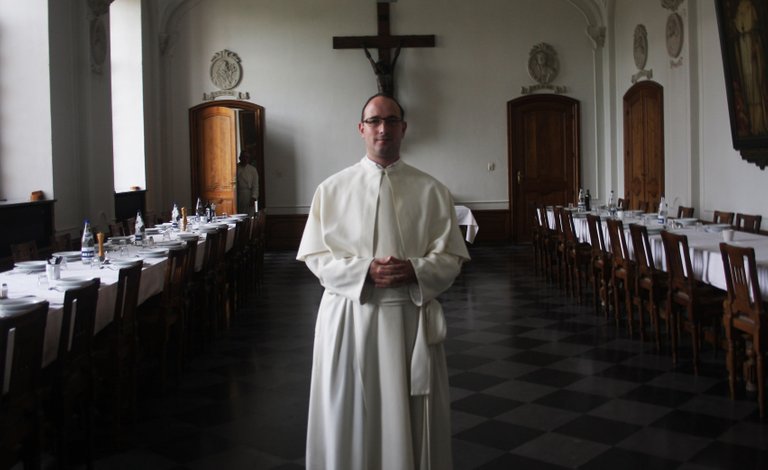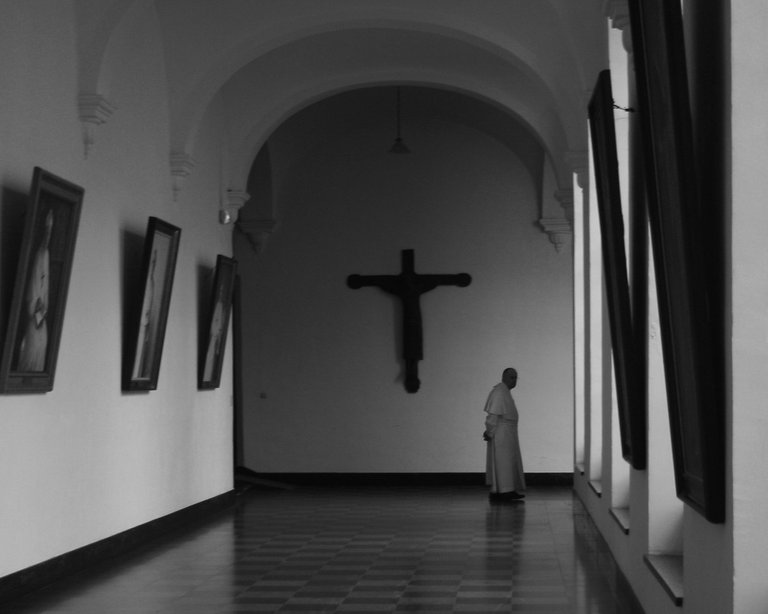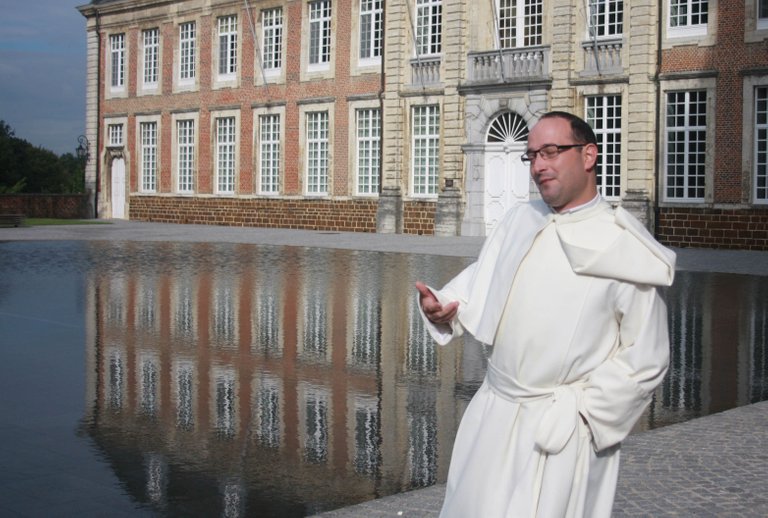
Do monks really brew better beer?
In short, yes, they do.
How? Well we will have to go back a bit. Before 1857, when Louis Pasteur discovered the fermentation process. Before the first brewing universities opened in the turn of the 18th century.
The knowledge of what is happening during the fermentation process is very new. For most of humanity, the interaction between yeast, sugar and heat was chalked up to divine intervention. Which makes perfect sense given how “heavenly” beer, cheese and wine can be. Since ancient times, all over the globe, beer was regarded as sacred, valuable and a gift from a grand creator(s).
Monks were people who devoted their lives to renouncing worldly pursuits in order to, devote themselves to spiritual work. Monks, regardless of affiliation or sect, almost all believe in strict work ethic. Most in monastic living, believe that hard work brings one closer to their creator.
Like today, sometimes a brewery would produce a “bad” batch of beer. Without the knowledge of the fermentation process, the idea of infection had never occurred to anyone. The common belief was, since God bestowed the cereal to turn to beer, God was also the deliverer of gross bad batches. The belief was that morality within the brewery played directly into the outcome of the beer. If you travel to old breweries throughout Europe, you will observe icons like St. Arnold*, crosses, stain glass etc. Employees followed moral codes of conduct, and were obligated to show up at the pew on Sundays.
So, who can make better beer than the church? Well by today’s standards potentially anyone. But this Moral code is only part and parcel as to why Monks brewed better beer. What really had the most impact was the discipline. This strict adherence to work resulted in extremely high standards in cleanliness compared to other breweries. Also, the commitment to perfection, serving God was the only motivator to these brewers. One major aspect was finance. The abbeys all over Europe tended to be tax exempt. This allowed breweries to not only be flush with cash, but forced to reinvest, due to the not for profit structure of their operations. This pushed innovation in brewing techniques and equipment.
 Monks Today
Monks Today
In today’s times, the gift of beermaking has been bestowed on everyone. Monks today, whether they be, Trappist, Franciscan, or Benedictine still follow a long lived moral code. They still follow ethical business practices and extreme cleanliness standards. But what might be arguably more important than innovation and new styles, is the preservation of beer making traditions. This history and legacy is the foundation that new world beer is founded on.

Congratulations @sipandmove! You received a personal award!
Click here to view your Board
Congratulations @sipandmove! You received a personal award!
You can view your badges on your Steem Board and compare to others on the Steem Ranking
Vote for @Steemitboard as a witness to get one more award and increased upvotes!